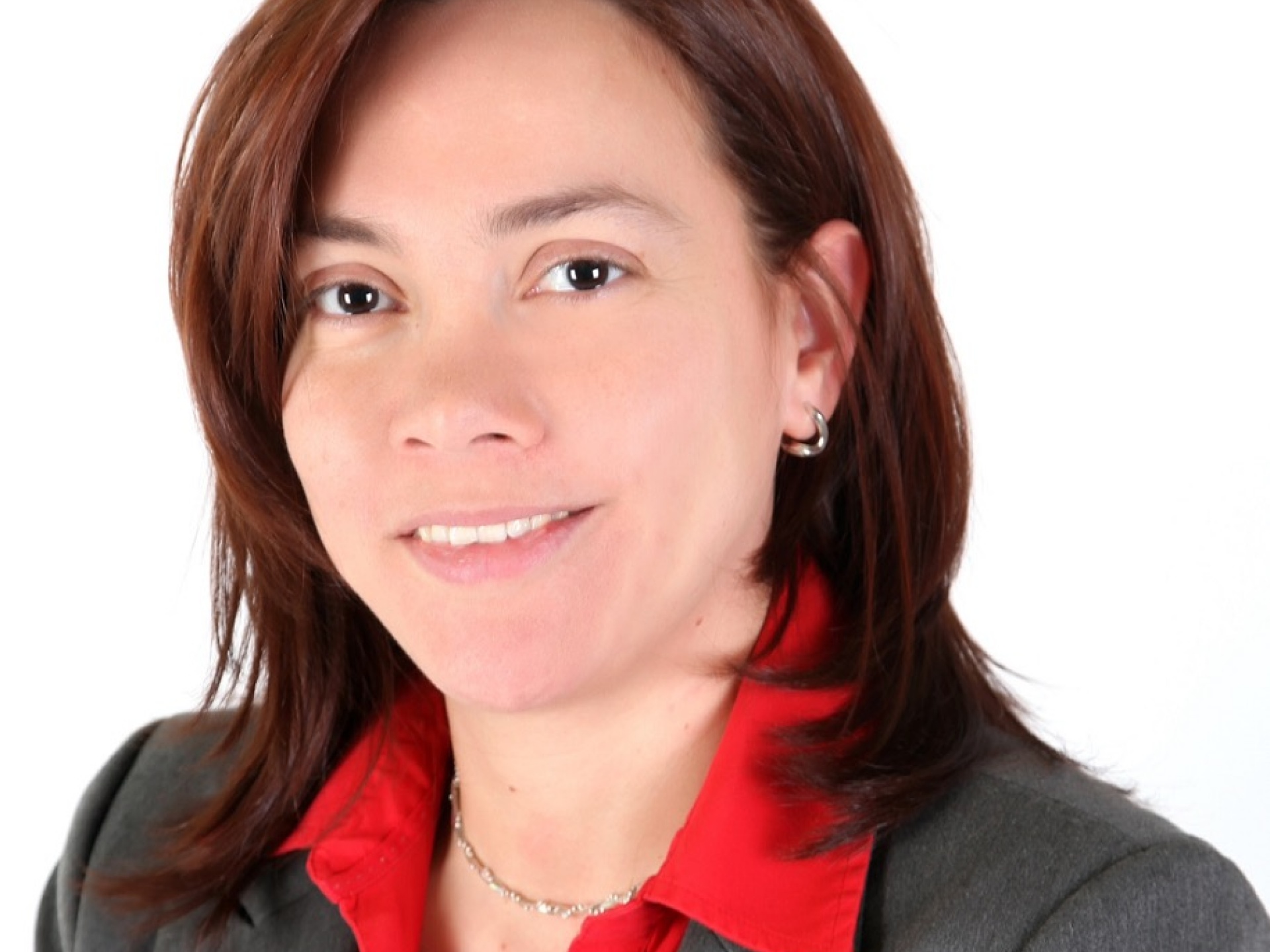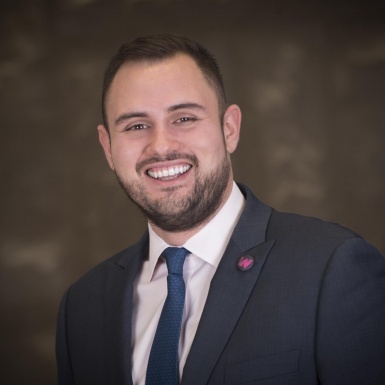Sitting down with Dr. Yakeel Quiroz

Sign up and receive information on the latest news and updates.
Neuroscientist Dr. Yakeel Quiroz was interviewed by the New York Times in November 2019 for a story on a woman with a very rare genetic mutation that has shielded her from getting dementia – despite the fact that she exhibits major neurological features of the disease. This is an extremely rare occurrence, and Dr. Quiroz was asked to comment on the reasons for it.
Dr. Quiroz is a friend of UsAgainstAlzheimer’s and was willing to answer a few questions about her career and expertise, and about this particular story.
***
JR: Latinas in neuroscience are rare! How did you come to direct the familial dementia neuroimaging lab at Mass General and how has your background shaped your career journey?
YQ: The short answer is amazing academic and scientific mentors, and a great deal of initiative, hard work, passion, and determination!
I’m originally from Colombia, and when I was a college student at the University of Antioquia in Medellin, one of my professors nominated me for a national scholarship to develop my research skills. I was awarded that scholarship and joined the Group of Neurosciences of Antioquia. Once there, I began working on the characterization of what is now known as the world’s largest family [in Colombia] with autosomal dominant Alzheimer’s disease.
After conducting this work, I was able to carry out my first research project with carriers and non-carriers from the Colombian families using EEG methods to examine brain abnormalities in those with no cognitive symptoms. Results from that initial work were published in a Spanish journal, and I was nominated by my mentors for an international award for best research by an undergraduate student, which I received from the Interamerican Psychological Society.
Soon after, I moved to Boston to pursue graduate education and completed master’s and Ph.D. programs at Boston University. I was very fortunate to get amazing mentors at BU, who supported me from the beginning and helped me get funding to continue my neuroimaging research with the Colombian families during my predoctoral training. Then, in 2012, I joined Massachusetts General Hospital/Harvard Medical School as a predoctoral intern in neuropsychology and then stayed as postdoctoral fellow.
During my first year of postdoc, I applied for and was awarded a very competitive NIH Director’s Early Independence Award that allowed me to become a faculty member at Mass General and Harvard. The award provided me with the resources to launch the COLBOS (Colombia-Boston) biomarker study and establish my own lab, the Familial Dementia Neuroimaging Lab.
Throughout my entire career, having great mentors was crucial for me – in Colombia but even more in the U.S. I’m now very committed to mentoring and sponsoring talented junior investigators and clinicians, especially women and those from underrepresented backgrounds.
JR: Your team’s work was recently featured a New York Times article about a woman in Colombia with a rare genetic mutation that caused both extremely high levels of amyloid in her brain, but also prevented her from developing early-onset Alzheimer’s. Why is this finding so critical to the field? How do you see it translating in the future to impact for patients and families?
YQ: This individual case is unique in several aspects. The woman is a member of the Colombian families with early-onset Alzheimer’s disease, and she was genetically determined to develop cognitive impairment and dementia in her 40s (as other members of these families who carry a Presenilin-1 mutation usually do). She only started showing symptoms of cognitive decline in her 70s, three decades after the estimated age of onset. She and her nuclear family agreed to join the COLBOS (Colombia-Boston) project in 2016, and came to Boston for biomarker, genetics, and advanced neuroimaging examinations.
We found that her brain had high levels of amyloid (one of the proteins that become abnormal in Alzheimer’s), but had very limited tau pathology. Interestingly, she was found to be a carrier of a very rare mutation in APOE, the most common genetic risk-factor for Alzheimer’s disease in older age, known as the Christchurch mutation.
This case opens a new door for treatments of Alzheimer’s disease, based more on the resistance to Alzheimer’s pathology rather than on the cause of the disease. In other words, not necessarily focusing on reduction of pathology, as it has been done traditionally in the field, but instead promoting resistance even in the face of significant brain pathology.
This case also informs the biology of APOE and promotes further research into APOE as a potential therapeutic target.
JR: For those who are not genetically predisposed to have Alzheimer’s, or early-onset Alzheimer’s – in other words, most people – what, in your view, can be done in terms of implementing behavior modification, risk reduction, or lifestyle changes earlier in life that could reduce the risk of having Alzheimer’s or experiencing general cognitive decline?
YQ: We know that the cause of Alzheimer’s disease in older age is multifactorial. Research has suggested that having healthy lifestyle behaviors may reduce our risk and optimize future cognitive health, including keeping a heart-healthy diet, engaging in regular aerobic exercise, and getting sufficient sleep. So we know that lifestyle is a significant contributor to our risk of developing Alzheimer’s disease and dementia later in life.
***
Scientists such as Dr. Quiroz continue to help bridge the gender and ethnicity gap by the work they do and the subject areas they focus on. Women make up two-thirds of Alzheimer’s patients and 60% of caregivers, while Latinos are 1.5 times as likely to develop Alzheimer’s as non-Hispanic whites. Critical biomarker research, particularly within genetic- and ethnic-minority populations, may ultimately help us better understand the underlying pathology of the disease and develop tailored treatment solutions, while we continue to encourage proactive behavior modification and lifestyle changes to reduce the overall risk of cognitive decline.
